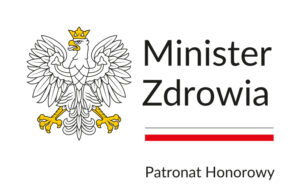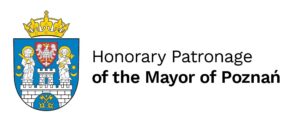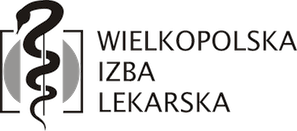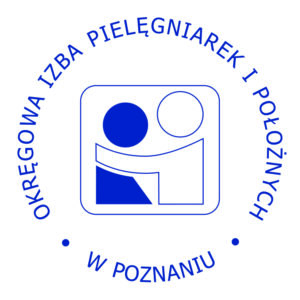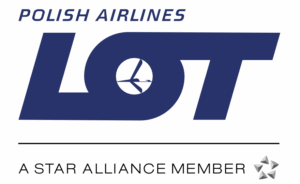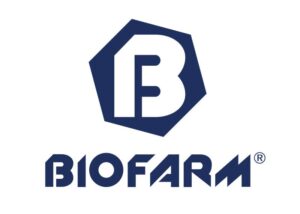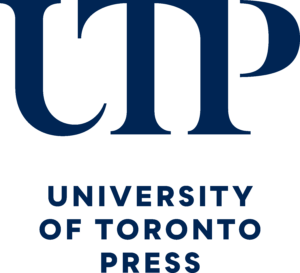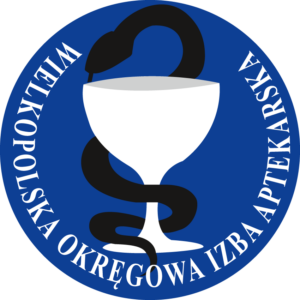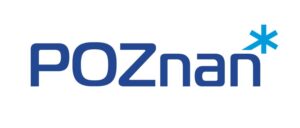The Pre-COMET Masterclass is scheduled for 24 June, 2025 at 9:00 and will be delivered by Professor Srikant Sarangi. The event will take place in the Aula, located in Collegium Heliodori Święcicki (ul. Grunwaldzka 6, Poznań).
Registration
Course Leader
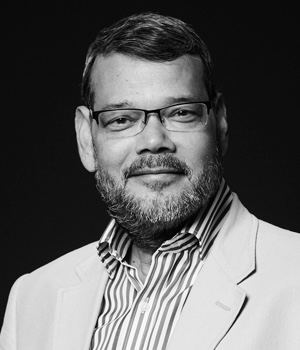
Srikant Sarangi has been Professor in Humanities and Medicine and Director of the Danish Institute of Humanities and Medicine (DIHM) between 2013 and 2021 at Aalborg University, Denmark, where he continues as Adjunct Professor. Between 1993 and 2013, he was Professor in Language and Communication and Director of the Health Communication Research Centre at Cardiff University (UK), where he continues as Emeritus Professor. During 2022-2023, he has been Visiting Chair Professor at the Hong Kong Polytechnic University and Adjunct Professor at Universiti Teknologi Malaysia. In recent years, he has been Adjunct Professor at Norwegian University of Science and Technology (NTNU), Norway (2017-2021); Visiting Professor at University of Jyväskylä, Finland (2017-2020); Visiting Professor at the College of Medicine, Qatar University (2017-2020); Visiting Professor under the Academic Icon scheme at
University of Malay, Malaysia (2013-2015); Visiting Research Professor, Centre for the Humanities and Medicine, The University of Hong Kong (2013-2016); Adjunct Professor at NTNU, Norway (2009-2013); and Honorary Professor at Aalborg
University, Denmark (2009-2014).
In 2012, he was awarded the title of ‘Fellow’ by the Academy of Social Sciences, UK. In 2015, he was elected as a ‘Foreign Member’ of The Finnish Society of Sciences and Letters (Societas Scientiarum Fennica).
His research interests include: institutional and professional discourse from an applied linguistics perspective (e.g., health, social welfare, bureaucracy, education etc.); communication in genetic counselling, HIV/AIDS, telemedicine, primary care and palliative care; communication ethics; teaching and assessment of consulting and communication skills; language and identity in public life; intercultural pragmatics. He has held several project grants to study various aspects of health communication.
He is author and editor of twelve books, guest-editor of nine journal special issues and has published more than 250 journal articles and book chapters in leading journals. In addition, he has presented more than 1200 papers (including plenaries, keynotes, masterclasses and workshops) at international conferences and other forums. Since 1998, he is the editor of TEXT & TALK: An Interdisciplinary Journal of Language, Discourse and Communication Studies (formerly TEXT) as well as the founding editor, since 2004, of both Communication & Medicine and Journal of Applied Linguistics and Professional Practice (formerly Journal of Applied Linguistics). He is also general editor of the book series Studies in Communication in Organisations and Professions (SCOPE). He serves as an editorial board member for other journals and book series, and as a consulting advisor at many national and international levels.
Over the last twenty years, he has held visiting academic attachments in many parts of the world including Australia, Brazil, Canada, Denmark, Finland, France, Germany, Hong Kong, India, Iran, Italy, Malaysia, Nepal, Norway, Portugal, South Africa, Spain, Sweden, Switzerland, Tanzania, UK and USA.
In 2012, he was awarded the title of ‘Fellow’ by the Academy of Social Sciences, UK. In 2015, he was elected as a ‘Foreign Member’ of The Finnish Society of Sciences and Letters (Societas Scientiarum Fennica).
His research interests include: institutional and professional discourse from an applied linguistics perspective (e.g., health, social welfare, bureaucracy, education etc.); communication in genetic counselling, HIV/AIDS, telemedicine, primary care and palliative care; communication ethics; teaching and assessment of consulting and communication skills; language and identity in public life; intercultural pragmatics. He has held several project grants to study various aspects of health communication.
He is author and editor of twelve books, guest-editor of nine journal special issues and has published more than 250 journal articles and book chapters in leading journals. In addition, he has presented more than 1200 papers (including plenaries, keynotes, masterclasses and workshops) at international conferences and other forums. Since 1998, he is the editor of TEXT & TALK: An Interdisciplinary Journal of Language, Discourse and Communication Studies (formerly TEXT) as well as the founding editor, since 2004, of both Communication & Medicine and Journal of Applied Linguistics and Professional Practice (formerly Journal of Applied Linguistics). He is also general editor of the book series Studies in Communication in Organisations and Professions (SCOPE). He serves as an editorial board member for other journals and book series, and as a consulting advisor at many national and international levels.
Over the last twenty years, he has held visiting academic attachments in many parts of the world including Australia, Brazil, Canada, Denmark, Finland, France, Germany, Hong Kong, India, Iran, Italy, Malaysia, Nepal, Norway, Portugal, South Africa, Spain, Sweden, Switzerland, Tanzania, UK and USA.
Course description
Within what can be broadly captured as theme-oriented discourse analysis, this masterclass will be primarily devoted to ‘activity analysis’ which is distinctive in at least three ways: mapping of structural, interactional and thematic trajectories; relationality concerning focal themes and analytic themes; and role performance vis-à-vis participant structure. Additionally, attention will be given to ‘account analysis’ which orients to the rhetorical properties of language/communication data.
There are four parts to the Masterclass: two lectures comprising (i) an overview of themes and concepts in healthcare communication research and (ii) the trajectories of engaging with healthcare data from multiple perspectives; (iii) an exercise in sample data analysis; and (iv) a discussion of concerns arising from participants’ own research experiences.
The Masterclass is targeted at both early career and experienced researchers across disciplinary boundaries with an interest in qualitative inquiry.
Programme
08.30-09.00 Registration/Welcome
09.00-09.30 Introduction
09.30-11.00 Health communication research: An overview of concepts and themes
11.00-11.30 Tea/Coffee break
11.30-13.00 Engaging with health communication data from multiple perspectives
13.00-14.00 Lunch
14.00-15.45 Data session: group work
15.45-16.00 Tea/Coffee break
16.00-17.00 Forum discussion on themes raised by participants
09.00-09.30 Introduction
09.30-11.00 Health communication research: An overview of concepts and themes
11.00-11.30 Tea/Coffee break
11.30-13.00 Engaging with health communication data from multiple perspectives
13.00-14.00 Lunch
14.00-15.45 Data session: group work
15.45-16.00 Tea/Coffee break
16.00-17.00 Forum discussion on themes raised by participants

